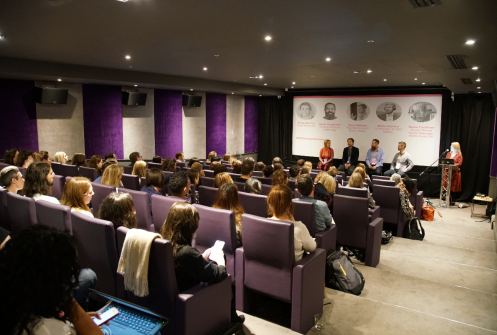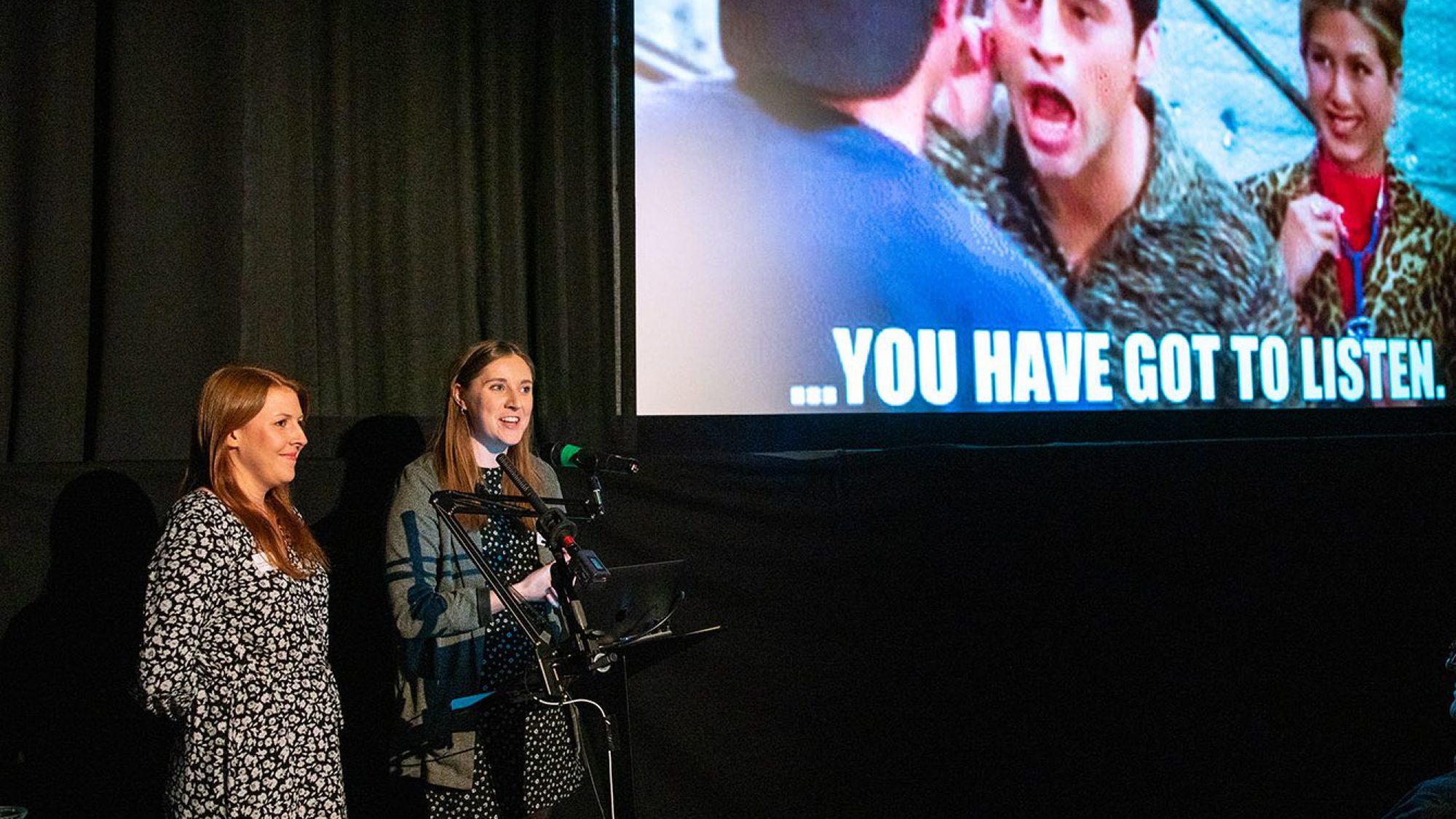

You have got to listen! This was the message that Emily East, Legacy Development Manager, and Rebecca Cooke, Legacy Marketing Manager at British Heart Foundation, wanted to hammer home at our latest Relay event Grow Your Giving: How cutting-edge creative is driving fundraising in 2020.
With legacy donations accounting for half of British Heart Foundation’s income last year, with over £84.9 million being raised from gifts in wills, the charity recognises that this is a hugely important area to build upon. In fact, it is one of the key elements of their three year growth strategy and new creative proposition. With so much focus on the future of BHF’s legacy fundraising strategy, Emily and Becky broke down why learning from past failures and playing a long game are both key to their success.
When creating the new proposition, the legacy team had a ‘legacy gifts’ blender session with individuals from across the organisation in order to present their ideas to a focus group made up from their target demographic. Becky explained how these ideas were largely dismissed by the focus group, which was made up from older people, for trying to be too clever and for being unclear. This is where Becky explained how learning from your failures and listening to your audience is key in order to create a successful strategy. The team went back to the drawing board, and used their feedback to understand why their initial idea didn’t work.
Through simplifying their message, the British Heart Foundation launched their new strategy on multiple channels in September 2018 to push brand awareness and attract legacy giving. However, the response wasn’t exactly what they wished for from the campaign, with Becky stating that “trying to achieve brand awareness and a response with one set of creative was very hard”. So the team once again went back to the drawing board, learning from a failure (despite the campaign having successes elsewhere), to think of how to send a clear message to audiences to leave a gift in their will.
From focusing on less objectives, and keeping things simple, the team were able to create a powerful DRTV ad (which was a re-edit from their original content) which centred legacy giving at the forefront. The results they received were astonishing. By February 2019 they had smashed their target of interest in legacy giving by 400%. From being reactive to their failures, the legacy team were able to create a very successful DRTV ad which listened to what their audience needed from them – a clear message, and instructions on how to leave a gift in their will.
Emily added that “the future to measuring success is to ask people if they feel listened to”, meaning that a much more individual approach to legacy donations is crucial to their growth. She explained how they have started to offer options in how each individual interested in legacy giving can communicate with the charity. This pinpointed opt-in approach was based on insight the legacy team built from their focus group research.
The legacy team have also started changing how their internal staff talk about legacy giving, from using their learnings about being clearer and more direct with these conversations. After speaking to over 100 staff, the legacy team gave community fundraisers and the customer support centre legacy specific materials to raise this topic with potential donors. These included an adorable cow toy which relates to a specific legacy gift left to the British Heart Foundation – a dairy farm.
Overall, Becky and Emily wanted to emphasise how important it is to listen to an audience, stating that “an older audience is not our audience, we can’t just assume what you think is going to work”. So remember, YOU HAVE GOT TO LISTEN.